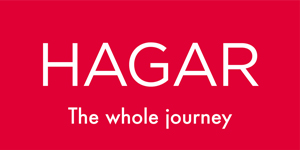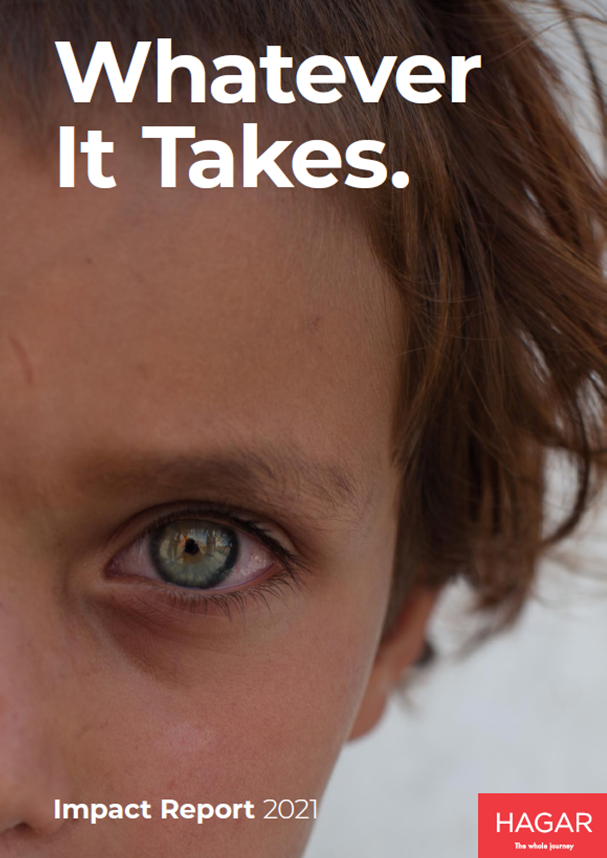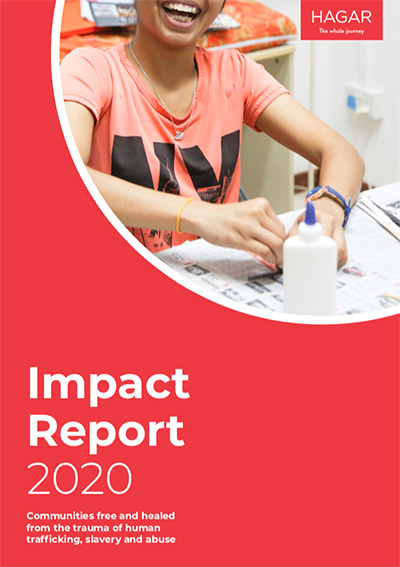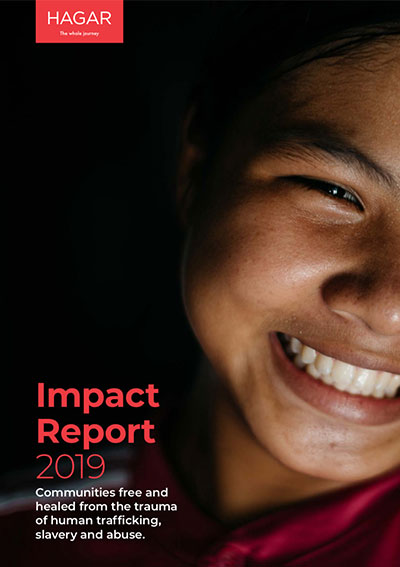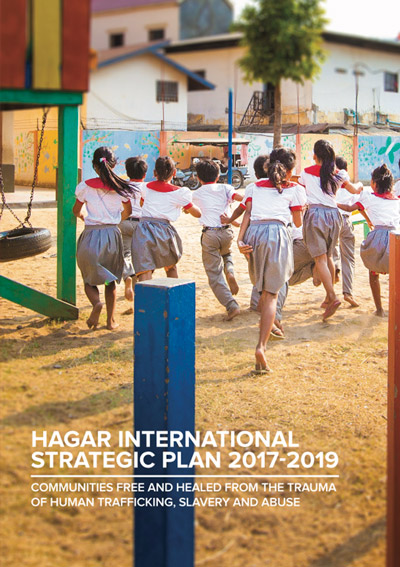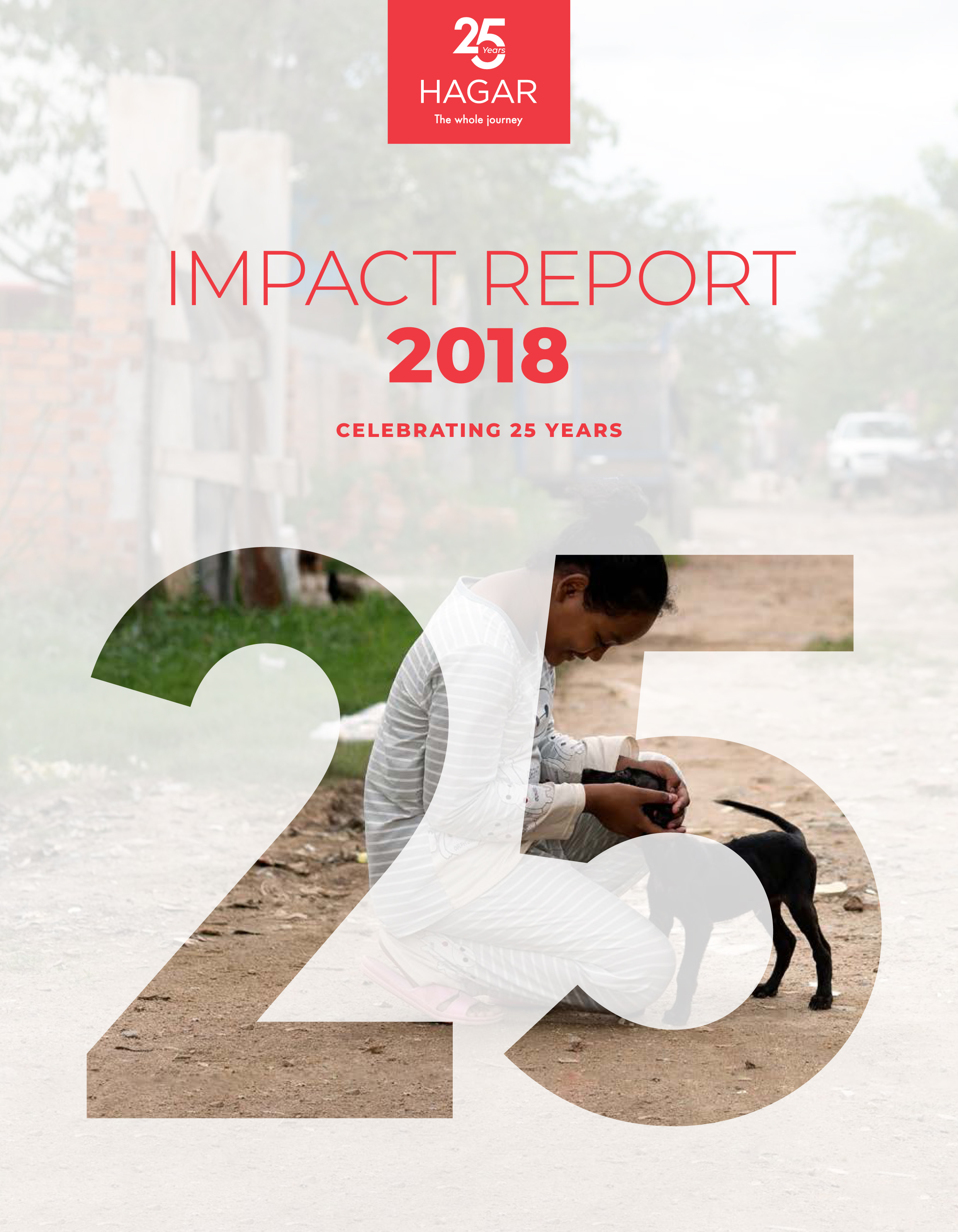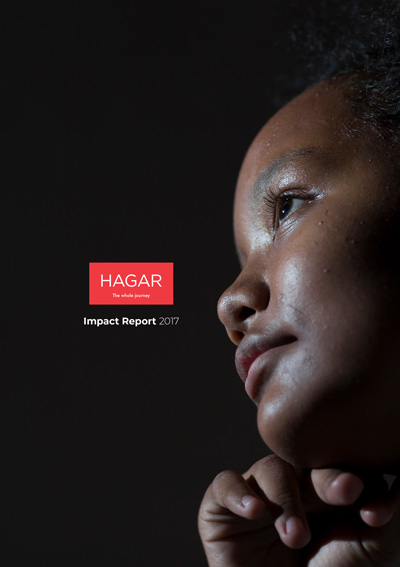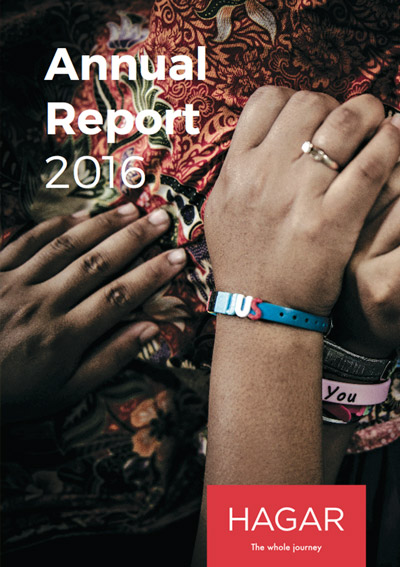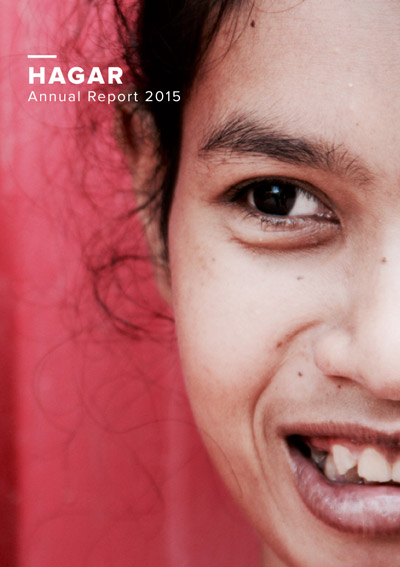Who we are
Publications
Annual Reports
Research
“Can Faith and Spirituality Promote Healing and Post-Traumatic Growth in the Aftermath of Trauma? What We Can Learn from Cambodian Trauma Survivors and Those Who Support Them”
Published: July 2022
Although precise numbers are difficult to estimate, close to 1 billion children under the age of 18 experience trauma every year. Many of these children will go on to thrive despite their lived experiences of trauma, whereas some will not.
“It Touched My Heart – Trust and Attachment in the Aftermath of Trauma for Cambodian Orphans and Young People”
Published: June 2022
This article presents some of the key findings that capture the voices of young Cambodian trauma survivors (many of whom are orphans) who have lived experiences of broken families, jails and institutions, residential and/or foster care.
“A Vulnerable Nation: The Intersection of Rural Poverty, Cultural Norms and Gender-Based Violence in Cambodia”
Published: May 2022
This study collected the oral narratives of 26 Cambodian young people, all of whom survived early childhood trauma and despite this, appeared to be doing remarkably well. Participants were recruited through non-governmental organisations and their stories capture their lived experiences of physical and sexual violence, trafficking, incarceration and modern-day slavery. This paper aims to provide insights into the survivor journey, from the trauma they experienced, to community perspectives, stigma and the challenges survivors faced in reintegration. Also capturing stories of hope, social connection and recovery from trauma.
“I Am Not What Happened to Me, I Am What I Choose to Become” Walking the Journey with Cambodian Wounded Healers
Published: March 2022
The term “wounded healer” was originally coined by psychologist Carl Jung (1951), who believed that individuals are compelled to treat clients because of the “wounds” they carry from their own earlier experiences. This paper will explore Jung’s wounded healer concept through a trauma-informed lens, situated within a Cambodian context.
“God and a ‘Little Bit of Magic’: Faith and Healing through the Lens of Cambodian Trauma Survivors
Published: February 2022
Trauma is a global phenomenon that affects millions each year. Recovery from trauma is challenging and approaches vary between cultures and models.
Dynamism: Reconceputalising Resilence in Recovery From Trauma
Published: November 2021
Resilience research is currently dominated by Western theoretical frameworks, concepts, constructions, worldviews and understandings. Applying a Western construction of resilience to other global settings, is challenged by the fact that cultural practices central to different cultural identities, may not be acknowledged.
Pathways of Resilience and Recovery from Trauma for Cambodian Young People
Published: August 2021
The majority of trauma and resilience research in Cambodia has focused on survivors of the Khmer Rouge. This qualitative study set out to discover what protective factors promote resilience in young trauma survivors who are at least one generation removed.
Trauma, Resilience and the Power of Human Connection: Reflections from the Field of Cambodia
Published: June 2019
Political and economic instability, poverty, war and terrorism, are just some of the harsh realities facing many young people globally. Various theoretical frameworks that conceptualize resilience exist in Western countries, yet there is limited research that looks specifically at resilience for children and young people in developing nations who have experienced significant trauma.
Spirituality and resilience in Cambodia: A Trauma-Informed Perspective
Published: April 2019
A vast number of children and young people globally face the harsh realities of war, genocide, natural disasters and other such tragedies. Yet there is limited research and few published studies that look specifically at how spirituality can be utilized as a trauma-informed approach to promote resilience and wellbeing for young people.
Being Trauma-Informed in Cambodia: Practice Considerations for Professionals Working with Children and Trauma
Published: July 2017
This research highlights Hagar’s trauma-informed education model in Cambodia and the experiences of therapists and educators working with traumatised children. Hagar is used as a case example to understand how teachers can utilise this approach in their classrooms in resource-poor countries. The research was published in the International Journal of Social Science and Humanity.
(Re)Integration of Cambodian Trafficked Men: Trends in Trafficking and Available Aftercare Services
Published: March 2015
Cambodian men and boys are trafficked into a variety of sectors, including fishing, construction, agriculture, and factory work, and often subjected to physical and psychological abuse at the hands of their employers. This research explores the trends in trafficking of Cambodian men, the needs of survivors, and the extent of reintegration assistance available.
A System Just for Children: Voices of Child Victims and Witnesses About their Experiences in the Cambodian Criminal Justice System
Published: January 2015
This research is one of the first conducted in Cambodia to look in detail at the experience of child witnesses and victims who go through the Cambodian criminal justice system. It particularly aims to give voice to children’s views in order to contribute to the development of criminal court procedures that more fully reflect the UN Convention on the Rights of the Child. The study, “A System Just for Children”, was conducted by Hagar field researchers in conjunction with UNICEF.
Forgotten No More: Male Child Trafficking in Afghanistan
Published: October, 2013
This is an unprecedented study of 210 stakeholders in Afghanistan, including 130 boys, to understand the prevalence of male child trafficking and inform the design of our recovery programme for survivors. The study was conducted by Hagar field researchers and funded by the U.S. Department of State’s Office to Monitor and Combat Trafficking in Persons (TIP).
Help us transform lives
Donate now
By partnering with Hagar, you’re supporting survivors to heal from the trauma of severe abuse. Our work is dependent on charitable giving by people like you.
Help us transform lives
Donate now
By partnering with Hagar, you’re supporting survivors to heal from the trauma of severe abuse. Our work is dependent on charitable giving by people like you.
Help us transform lives
Donate now
By partnering with Hagar, you’re supporting survivors to heal from the trauma of severe abuse. Our work is dependent on charitable giving by people like you.
Help us transform lives
Donate now
By partnering with Hagar, you’re supporting survivors to heal from the trauma of severe abuse. Our work is dependent on charitable giving by people like you.
